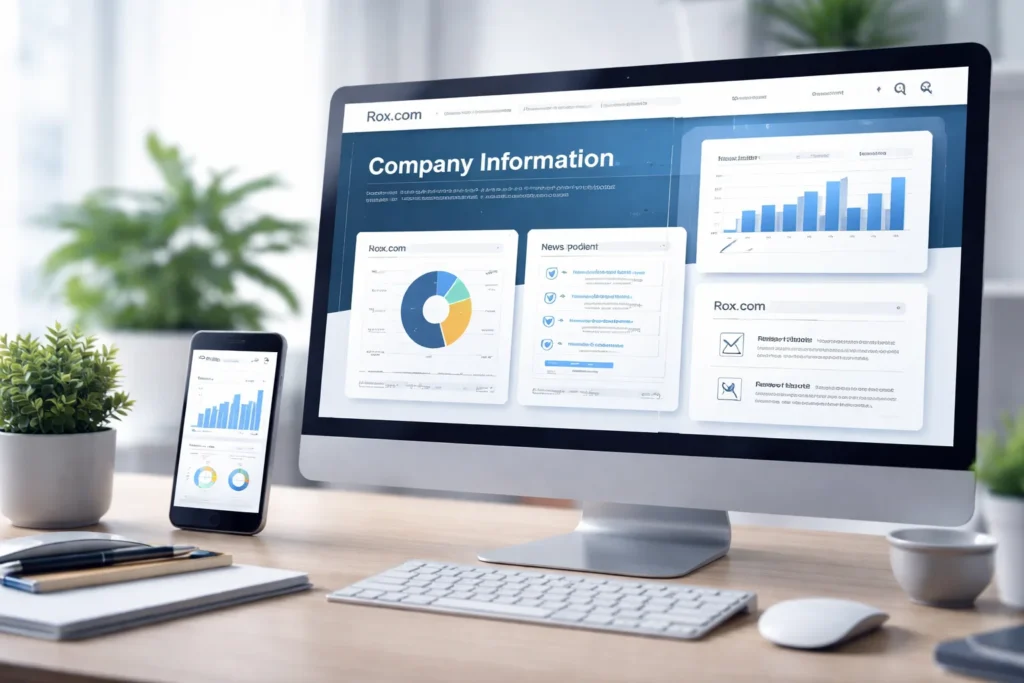Event Waste Management Guide | Best Practices & Strategies

Planning a successful event isn’t just about entertainment and logistics—it’s also about managing the waste it generates. From food containers and flyers to stage props and plastic cups, events can leave behind a massive environmental footprint if not handled properly. Here’s your go-to guide for event waste management, complete with best practices and actionable strategies.
Why Event Waste Management Is Crucial
Poor waste handling at events can lead to:
- Overflowing trash bins and littered venues
- Negative attendee experience
- Environmental harm from non-recycled materials
- Fines for non-compliance with local waste ordinances
Whether it’s a music festival, corporate event, wedding, or sports gathering, managing waste efficiently ensures a cleaner, greener, and more professional event.
1. Start with a Waste Management Plan
Before your event begins, create a customized waste plan that includes:
- Estimated waste volume
- Waste types (organic, recyclables, general waste, hazardous)
- Number and placement of bins
- On-site staff or volunteers for waste sorting
- Scheduled cleanups during and after the event
A structured plan sets the stage for a cleaner outcome.
2. Use Clear Signage and Color-Coded Bins
Provide labeled bins that distinguish between recyclables, compostables, and landfill waste. Use large, color-coded signs with both images and words so guests know where to toss their trash.
Tips for better results:
- Place bins in high-traffic areas
- Provide one set of bins every 50–100 feet
- Assign volunteers to monitor stations and educate attendees
This small step can significantly reduce contamination and improve recycling rates.
3. Partner With Eco-Conscious Vendors
Work with food, merchandise, and equipment vendors that use compostable or recyclable packaging. Encourage—or require—vendors to minimize single-use plastics and non-recyclable items.
Ideas:
- Provide incentives for zero-waste vendor participation
- Ask vendors to pre-sort their waste
- Promote vendors who align with your green goals
4. Rent Dumpsters for Large-Scale Events
If your event spans several hours or days—or draws hundreds to thousands of attendees—small trash cans won’t cut it. Renting dumpsters can help you manage waste flow effectively without constant overflow.
Benefits of dumpsters at events:
- Handles high volumes of waste
- Separates recyclables and general trash
- Reduces cleanup time and labor
You can arrange separate dumpsters for recyclables and garbage. Companies like Zippy Dumpster offer event-friendly roll-off dumpsters sized for any scale, making waste disposal simple and efficient.
5. Create a Post-Event Cleanup Strategy
After the event ends, you’ll need a plan for quick and effective site cleanup. This should include:
- A volunteer or crew schedule
- Specific zones for pickup
- Dumpster collection times
- Final inspection to ensure no waste is left behind
Don’t forget to thank your cleanup team—they’re your unsung heroes!
Conclusion: Leave No Trace, Gain All the Praise
Events bring people together—but they also generate a surprising amount of waste. With thoughtful planning and the right partnerships, you can host an incredible event and leave the venue better than you found it.
Need help handling the heavy-duty waste? Zippy Dumpster provides dumpster rentals that are perfect for events, making large-scale waste disposal easy, efficient, and eco-friendly.

Curtain Dry Cleaning and Leather Sofa Cleaning – Reliable Care by Duo Nini

Brian Ferdinand of EverForward Trading Joins Forbes Finance Council, Expanding His Voice on Markets and Risk

Get Any Company Objectives or News of rox.com

Our First Winter Trip to Aspen — And the Decision That Made It Stress-Free

What to Expect During Your First NDIS Support Visit

Curtain Dry Cleaning and Leather Sofa Cleaning – Reliable Care by Duo Nini

Brian Ferdinand of EverForward Trading Joins Forbes Finance Council, Expanding His Voice on Markets and Risk

Get Any Company Objectives or News of rox.com








